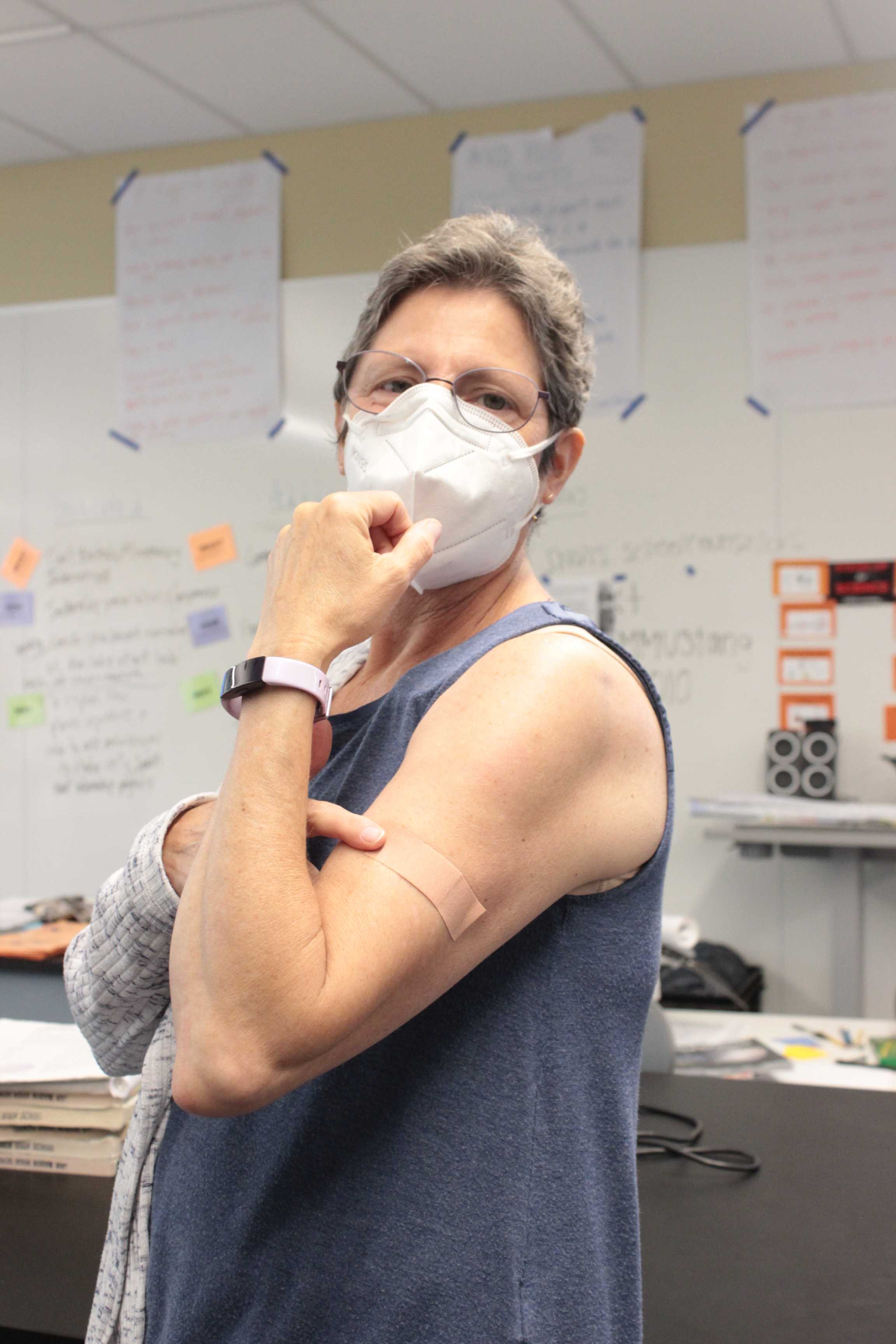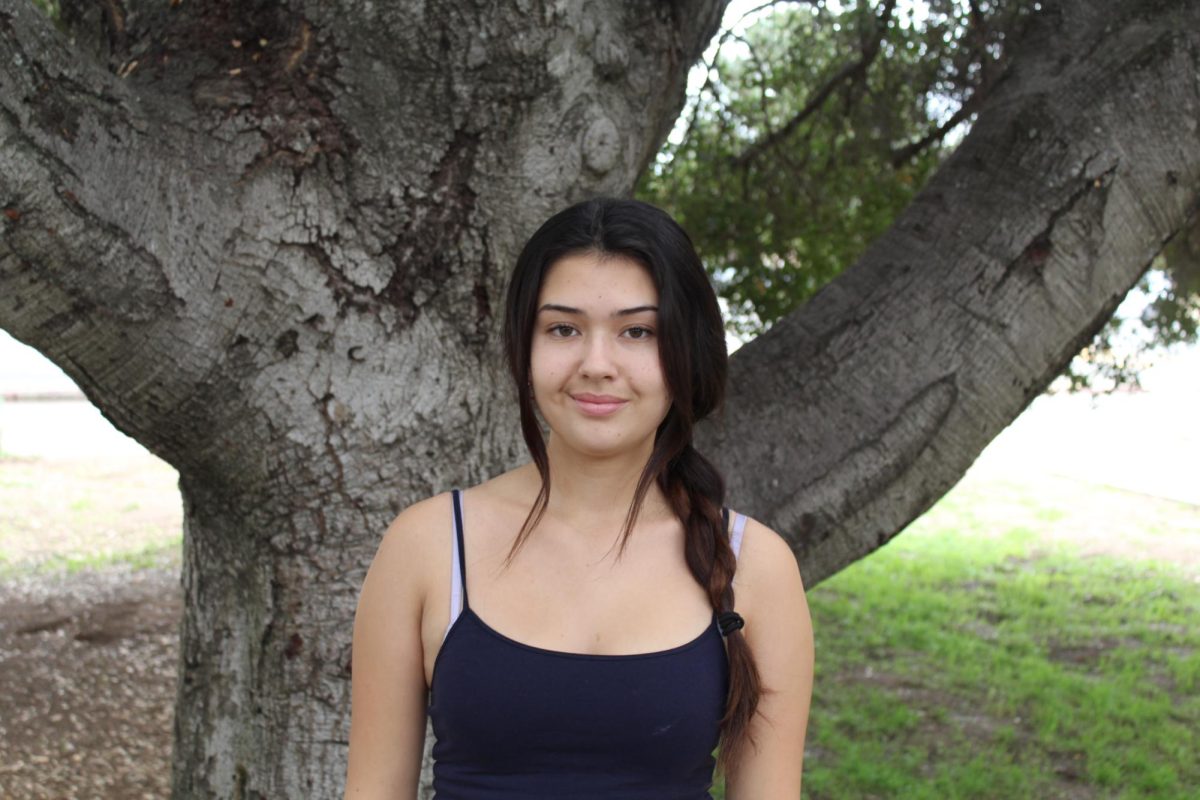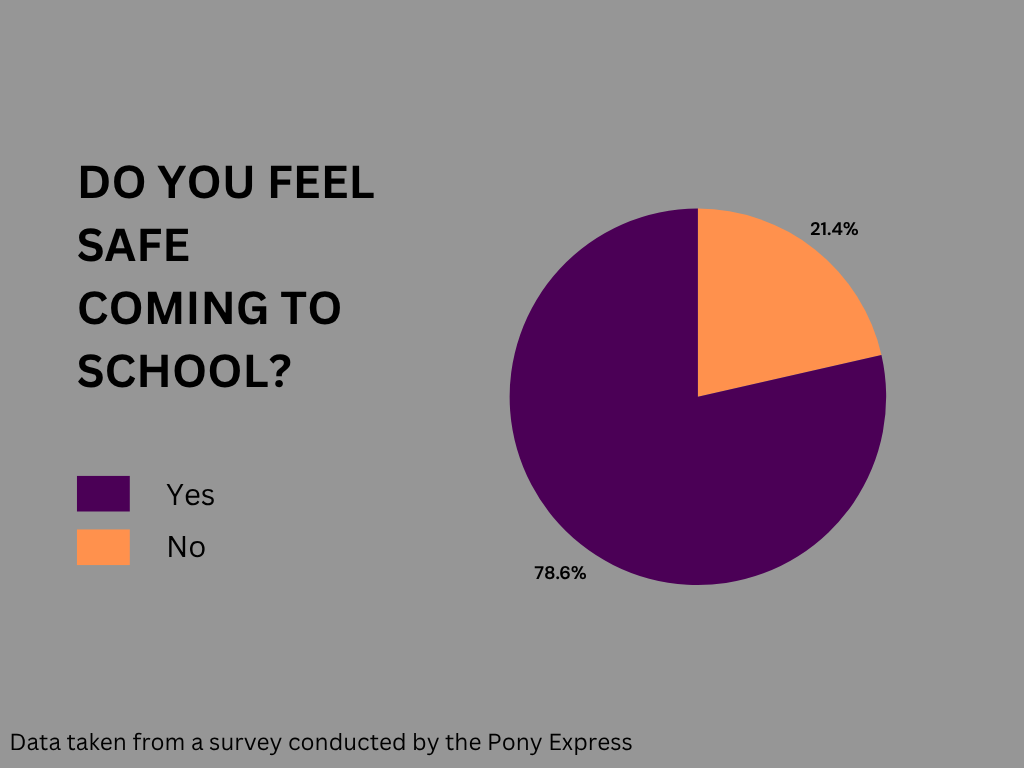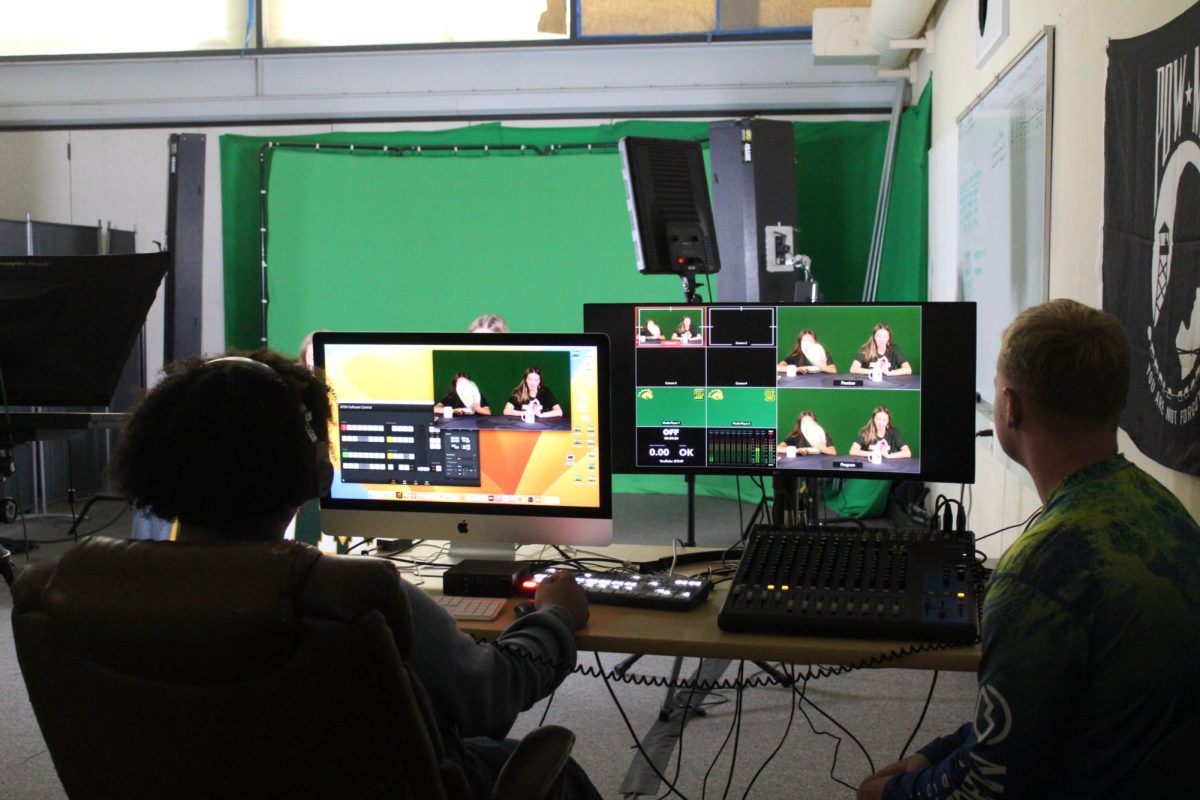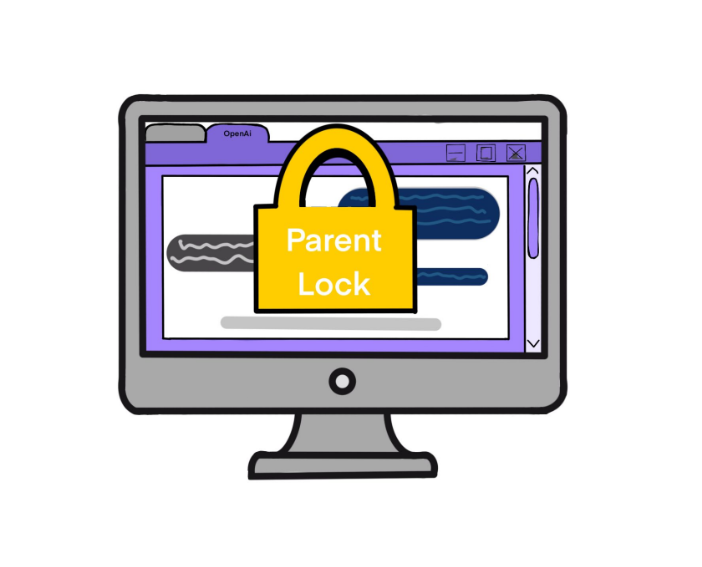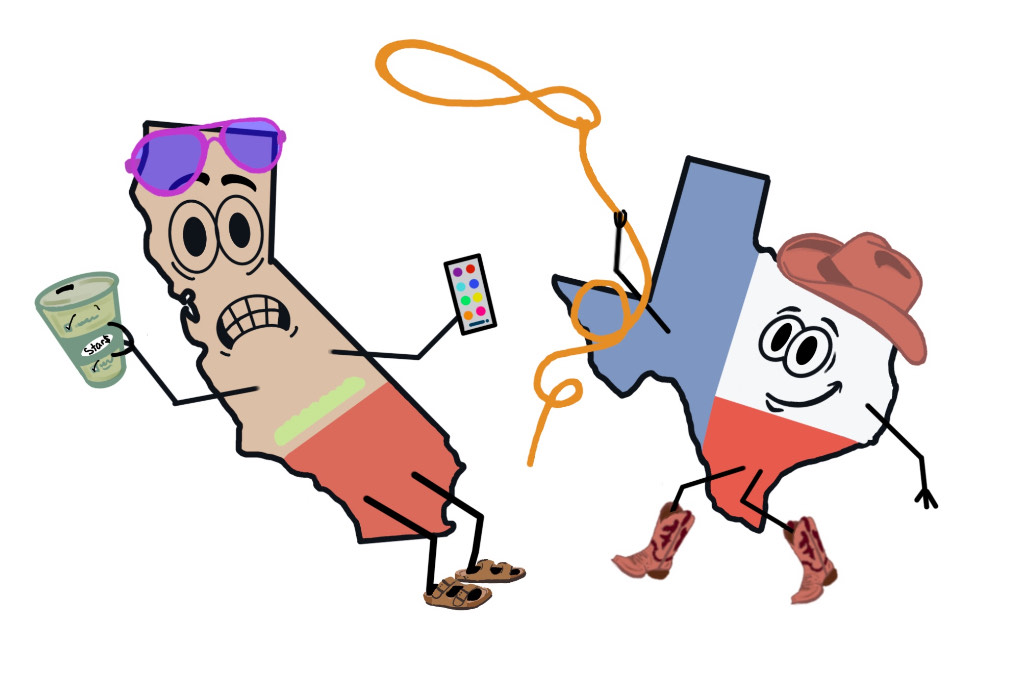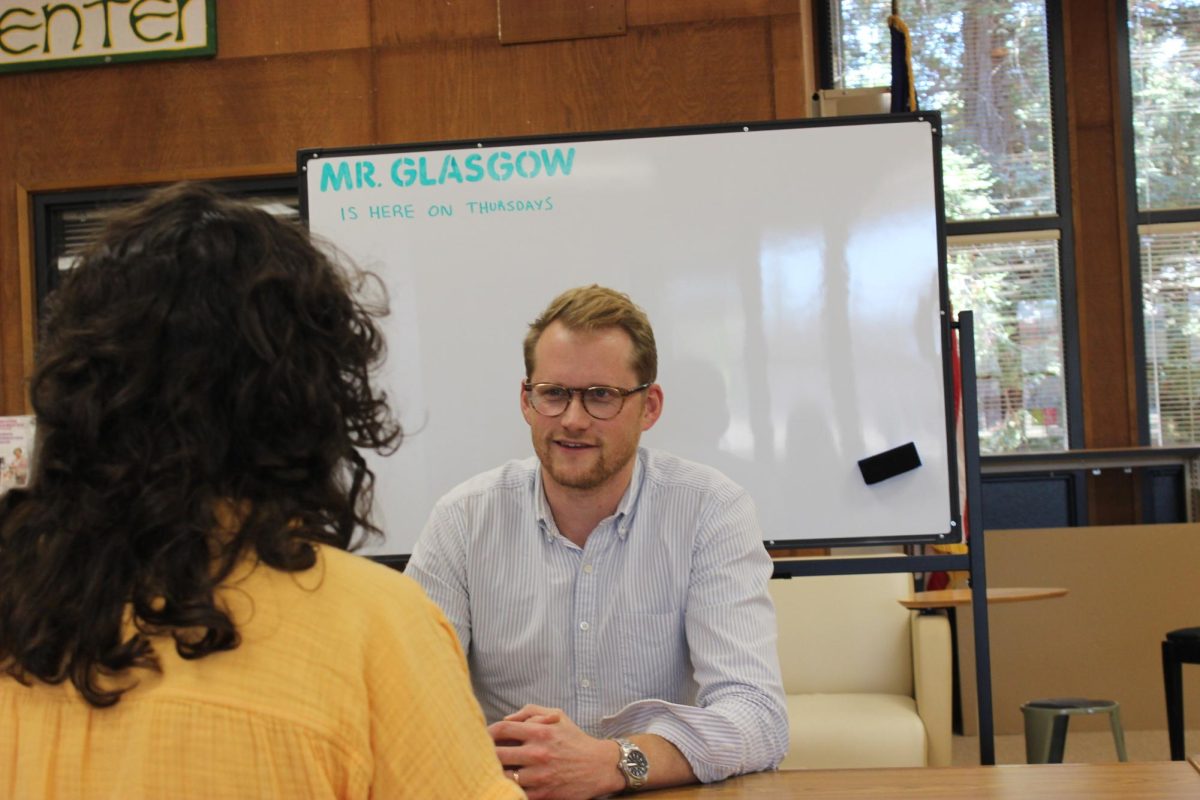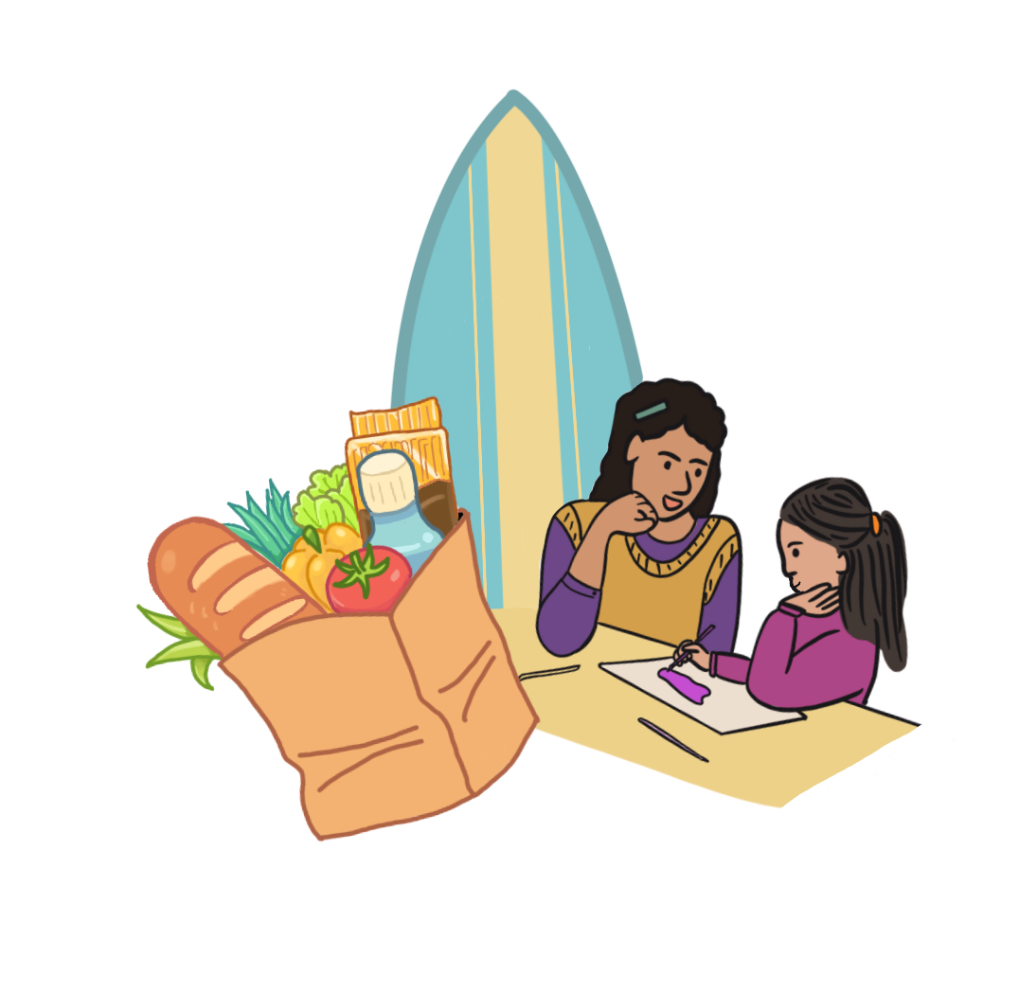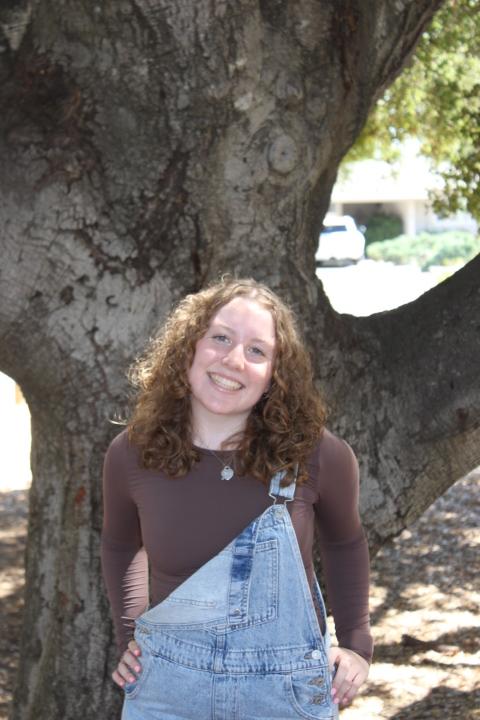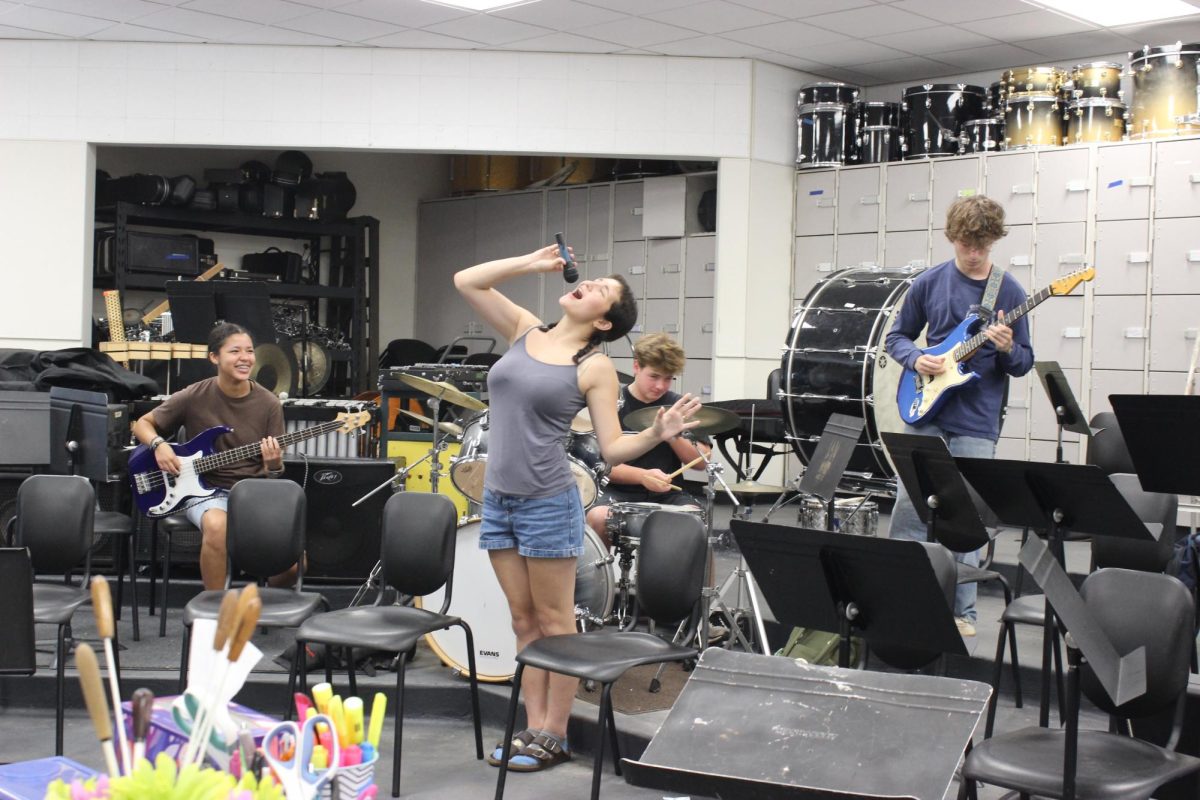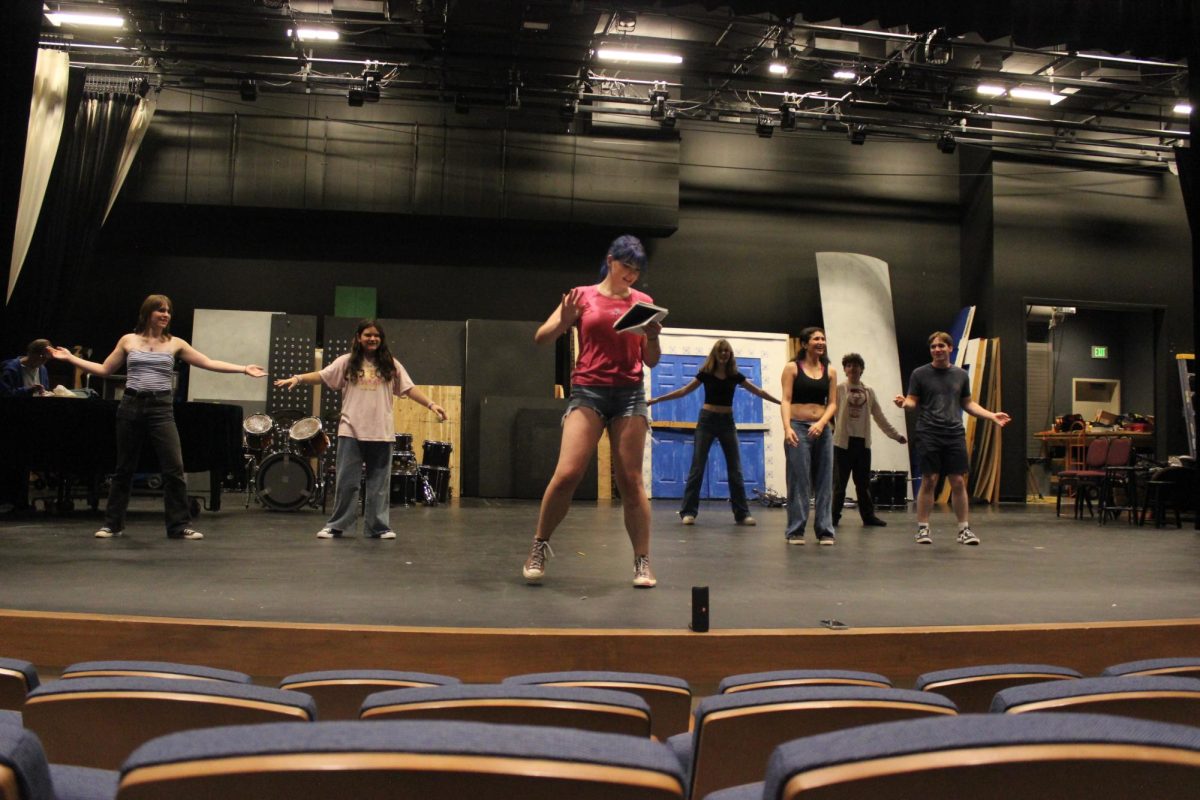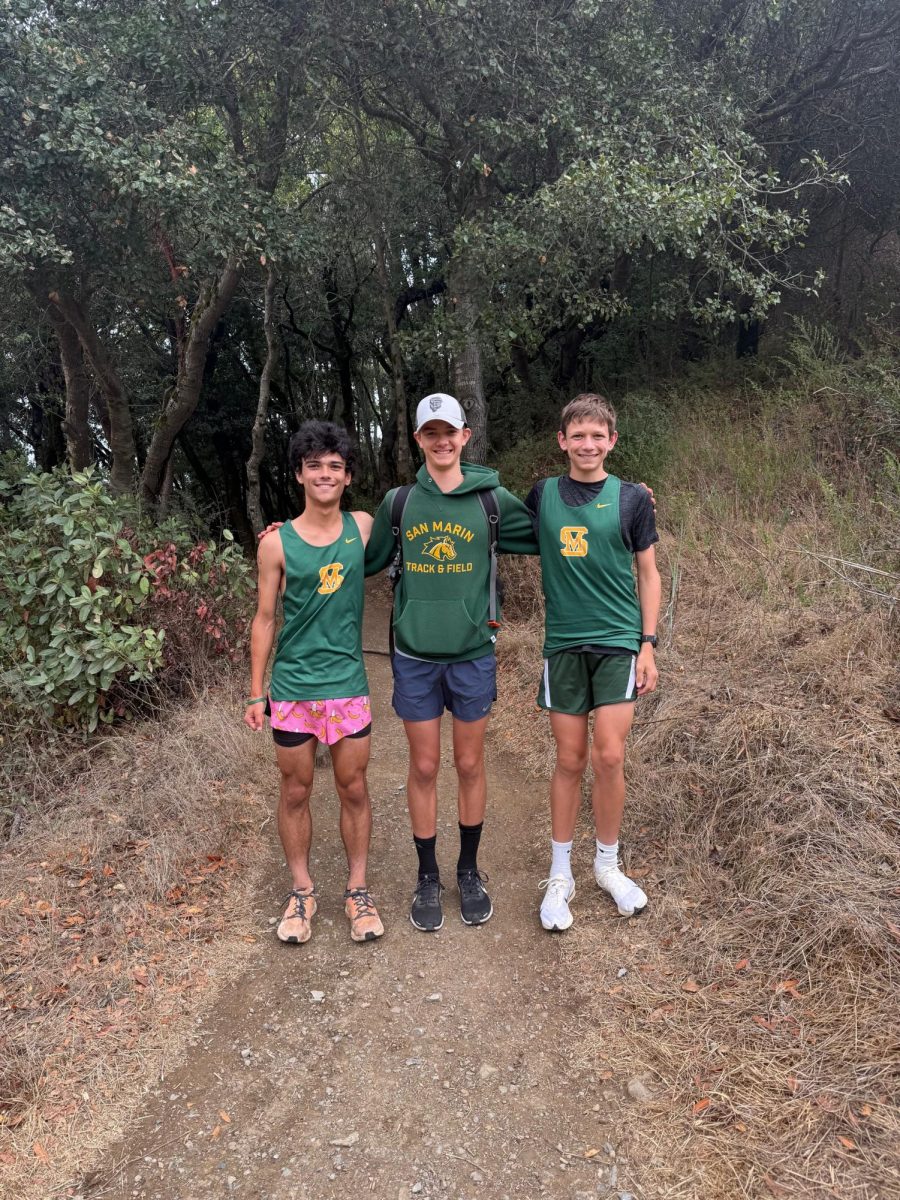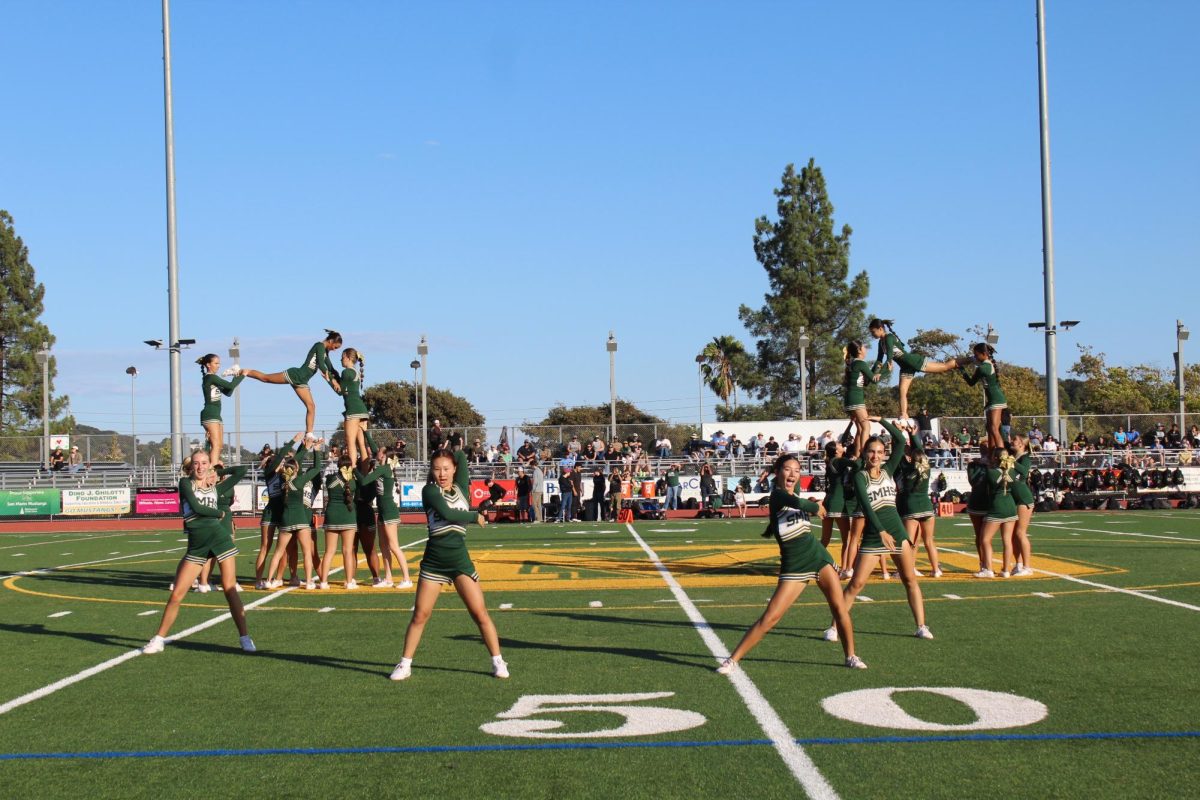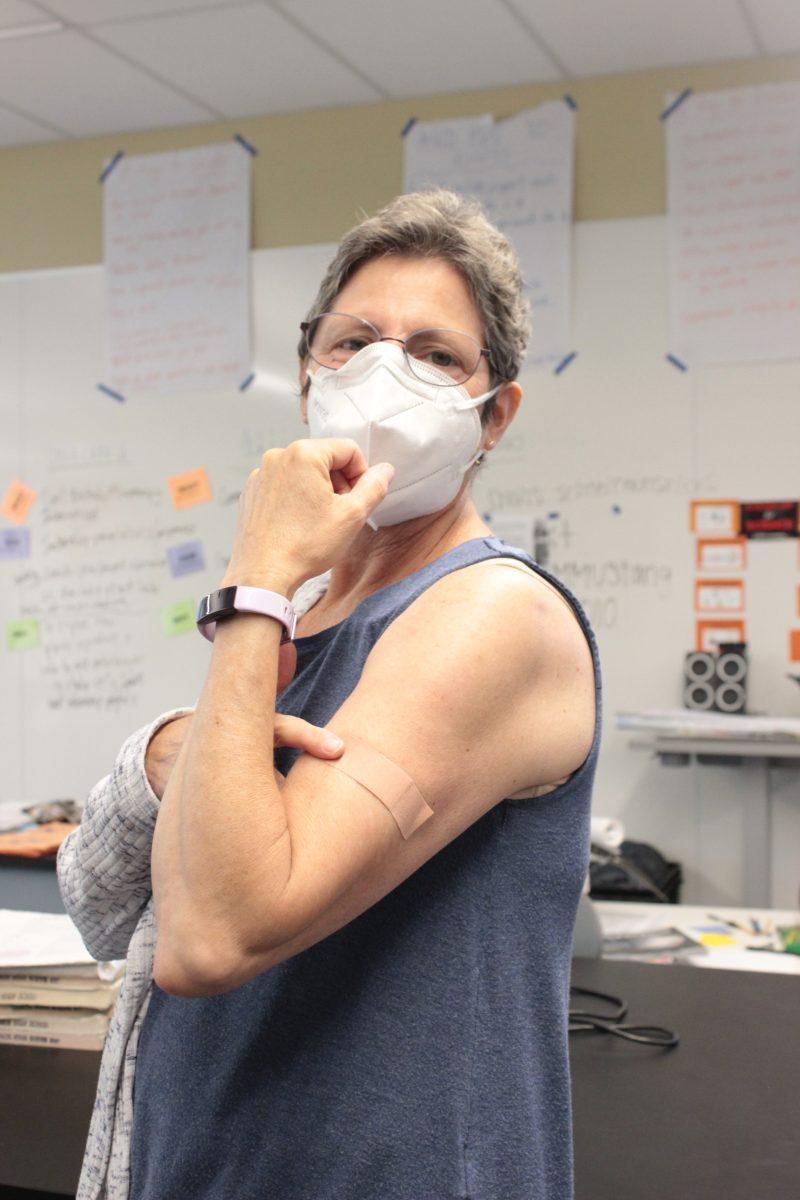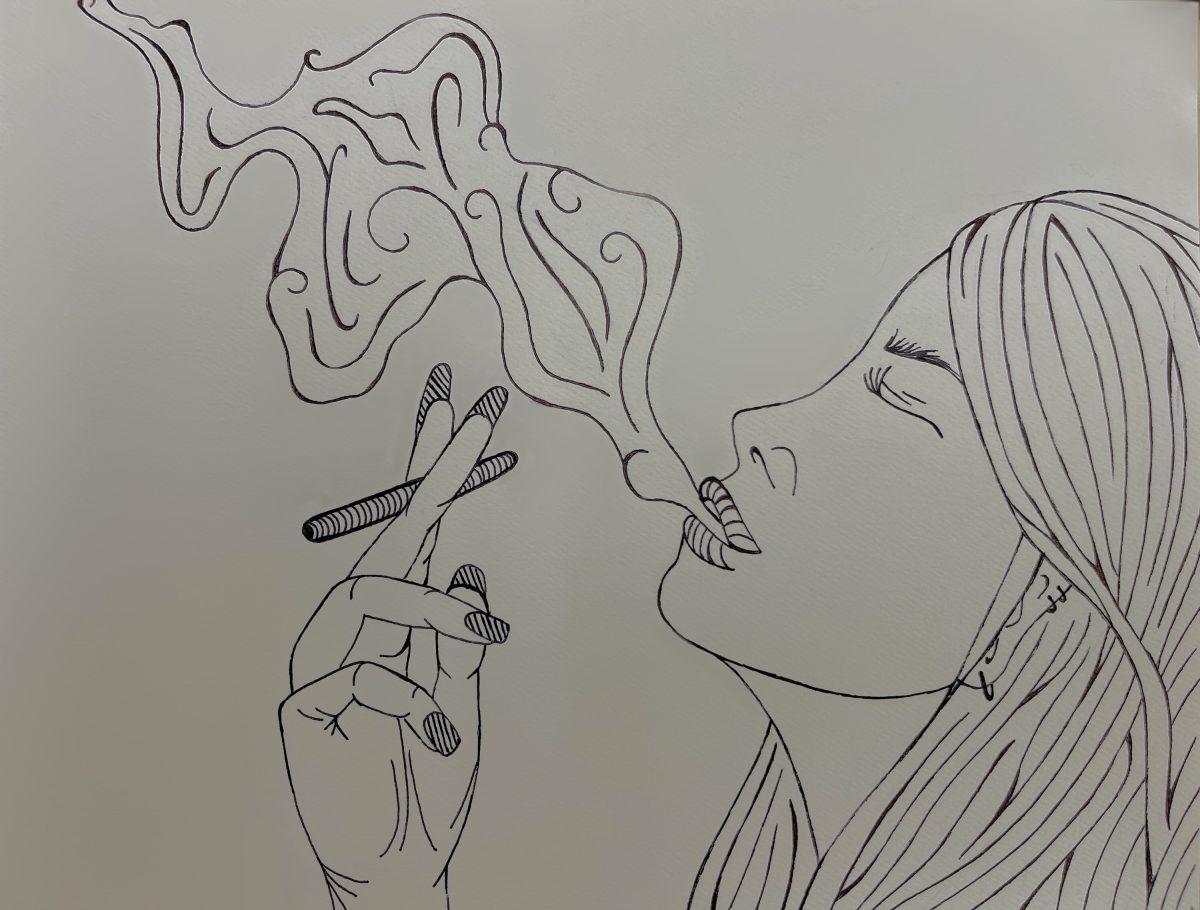On Sept. 20, the Biden administration announced that third vaccine doses for COVID-19 are available to a widespread number of Americans. The third dosage shots are an extra layer on top of the other two shots, Pfizer-BioNTech and Moderna, given to immunocompromised people that could not fully respond to the initial vaccine. It would not be fully accessible to a wider variety of people without the permission of the Food and Drug Administration (FDA) and the Centers for Disease Control and Prevention (CDC).
There has been a push to get the third vaccine administered quickly with rising Delta variant cases, which is about twice as infectious as the original virus. The CDC stated the close decision of administering the third dose with increasing cases from the Delta variant and the waning antibody levels in vaccinated people. Although the administration date for vaccination was Sept. 20, doses were handed out to immunocompromised individuals and organ transplant recipients as early as Aug. 13. Studies done by the CDC stated the likelihood of breakthrough COVID cases, with prolonged infections, and the immunocompromised will have the most severe reaction to the virus.
With San Marin back to in person learning accompanied by sports , school dances, and other events, the third vaccine has been vital for the safe return to campus.
Government and Economics teacher, Michelle Lemieux, received her third shot due to the immunocompromising condition, rheumatoid arthritis.
“The medication that I take makes me more susceptible, and that is why the third shot is being seen as the third loading dose,” Lemieux said. “It gives us the foundation that we need to fight this virus.”
Head of the math department, Kimberly Laabs, also has illnesses requiring medication that weaken her immune system, facing similar concerns.
“If it weren’t for the vaccine, I would not be able to be on campus at all, but now that I have had the third shot, everyone feels safer, including myself,” Laabs said.
Senior Miya French has gone through an organ transplant which categorized her as immunocompromised, so she was able to receive her third shot.
“Even with the vaccine I did not feel entirely safe coming to school because anyone can be susceptible to COVID, but the third shot has allowed for some relief,” French said.
With students back on campus, there have been discussions regarding how to properly host indoor events such as rallies and homecoming in a safe manner. Senior Gabe Choi also has an immuno-compromising condition. He believes that vaccination requirements should be in place.
“For crowded events such as homecoming, I would view vaccination requirements as more of a necessity rather than just a good idea,” Choi said.
Biotech and AVID teacher Michelle Lafevre-Bernt, a cancer survivor, is still receiving chemotherapy
“I was not sure what level of antibody response I had to the vaccine, and the third dose allowed for more antibodies and more immunity,” Lafevre-Bernt said.
Biotech and AVID teacher Michelle Lafevre- Bernt working in the classroom. The third dose has allowed her the opportunity to continue teaching in person.
